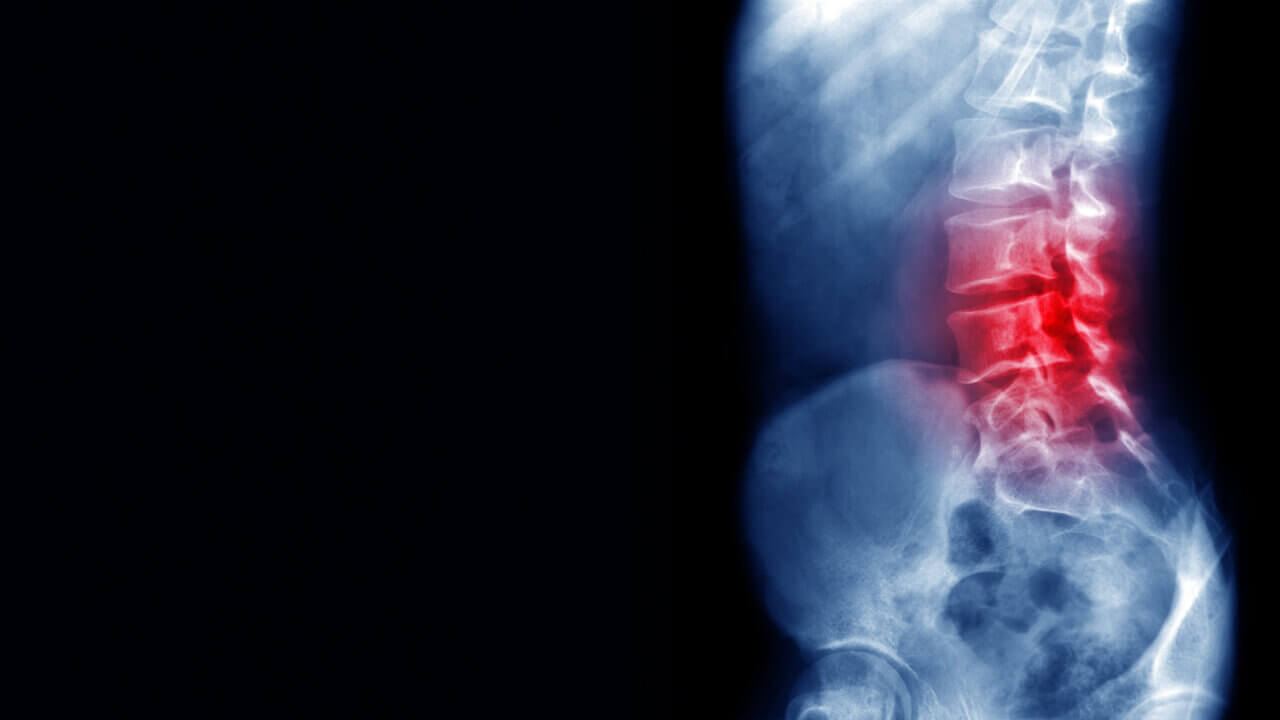Can a Herniated Disc Heal Without Surgery?

Clinically reviewed by Nicky Wright, DNP RN.
A herniated disc (also called a slipped, ruptured, or bulging disc, and sometimes spelled “disk”) is a condition that affects your back, causing pain. It can also cause an arm or leg to feel weak or numb.
What Causes a Herniated Disc?
Discs are rubbery structures between the vertebrae in your spine that provide cushioning. They have a tough outer exterior surrounding a jellylike center.
A herniated disc is a common condition that occurs when that soft center pushes out through a tear in the covering. It can then press on nearby nerves, causing symptoms. Herniated discs can occur anywhere in the spine but are most common in the lower back.
An episode of excessive strain on the back can cause a disc to herniate. For example, lifting a heavy box without poor technique can injure your back. Discs also degenerate with age, and the ligaments that hold them in place also deteriorate. As a result, even a minor strain in an older adult can cause a herniated disc.
Herniated Disc Symptoms
Herniated discs don’t always cause symptoms. When symptoms do occur, you typically experience them on one side of the body.
Herniated disc symptoms include:
- Pain. You may experience pain in your back, arm, or leg. Depending on which nerves are affected, you may also have pain in your calf, thigh, or buttocks.
- Tingling or numbness. It’s common to have radiating tingling or numbness in the part of the body affected by the bulging disc.
- Muscle weakness. When the nerves controlling a particular muscle are affected by a herniated disc, that muscle tends to weaken. This can cause problems with walking or lifting and holding items.
Will a Herniated Disc Heal on Its Own?
In some cases, surgery may be required to fix a herniated disc. However, bulging discs more often heal on their own over time, and surgery isn’t needed.
Your doctor can perform a neurological exam to test your muscle strength, reflexes, and walking ability. They may also assess your ability to feel things like light touches, vibrations, and pinpricks. In addition, they may have you get imaging tests like X-rays, MRIs, CT scans, and others.
Based on their diagnosis, they may prescribe various treatments. These include:
- Rest and avoidance of movements that cause symptoms
- Medications to reduce symptoms like pain and muscle spasms
- Physical therapy to minimize pain
If these treatments don’t provide relief and your symptoms continue, your doctor may recommend surgery. How long does it take for a herniated disc to heal without surgery? Typically, doctors expect to see improvement within approximately six weeks.
If you have ongoing trouble standing or walking or experience loss of bowel or bladder control there is a possibility you may need surgery.
Talk with Your Baptist Health Doctor About Herniated Discs
Spinal disc problems are common, particularly as we age. Fortunately, in most cases, a herniated disc will go away on its own.
If you experience symptoms of a disc problem, talk with your Baptist Health doctor. If you don’t have a provider, you can find one using our online directory.
After discussing your symptoms, your physician may refer you to a neurologist for specialized care.
Next Steps and Useful Resources
Back Pain and Its Causes
Robotic Spine Surgery
Minimally Invasive Back Pain Treatment



